Floral Heart Project honors COVID-19 losses
The Floral Heart Project, a COVID-19 Memorial effort, will lay floral hearts in cities and towns across the US in conjunction with a National Day of Mourning effort.

The Floral Heart Project, a COVID-19 Memorial effort, will lay floral hearts in cities and towns across the US in conjunction with a National Day of Mourning effort.
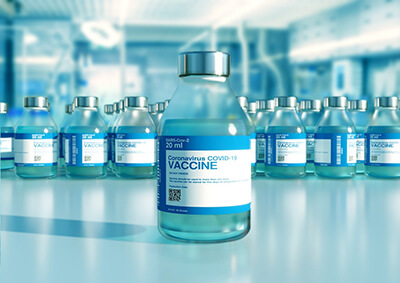
The vaccines referenced in this article or in development have largely illustrated the ability to prevent significant symptomatic infection, hospitalization and death.
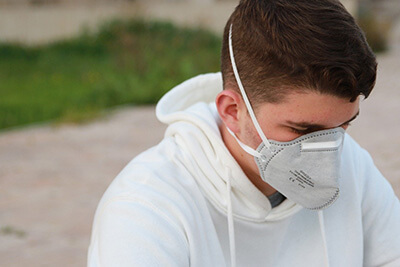
During this time, many people are dealing with far more than just social isolation. There is also food and housing insecurity, financial stress, overwhelmed working parents, health concerns and family stressors.

I am appreciative of Vermont and Vermonters, particularly now and especially with a recent event in my life. My seventy-seven-year-old father had urgent open-heart surgery in New Jersey at the end of October following a heart attack.
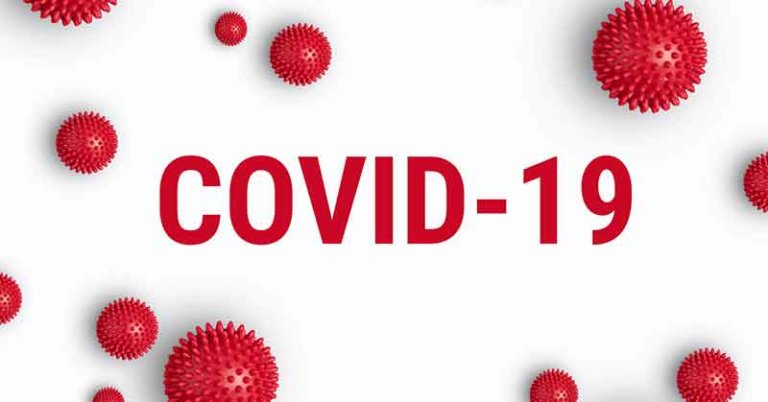
The stress of living with the coronavirus in our midst for the last six months has been alleviated in part by the opportunity for social interactions with friends and neighbors outdoors where the risks of virus transmission are greatly diminished. But the reality for those of us living in Vermont is that with the onset of winter these encounters are less feasible.
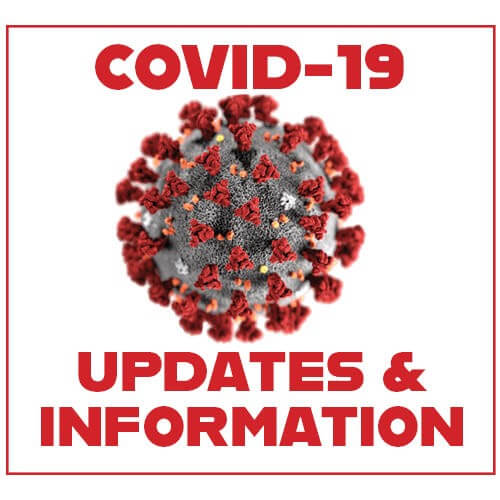
As I write this update, we are close to finalizing the details of the community resilience survey. The unofficial COVID-19 team, Charlotte Community Partners, is busy making final tweaks to the community resilience assessment and figuring out how to make it as easy as possible for everyone to access, complete, and submit it. And, more importantly, how to make sure everyone knows about it and why it’s important to the future of Charlotte.

We are watching the virus increase in states all around us and across the entire country, and I know we are all hoping that we, as independent Vermonters, stay the course and remain safe.

As I sit to write this week’s update from your Charlotte COVID-19 Assistance Team, I am struck by the fact that we’ve been dealing with this health crisis now for over six months, and our new normal now includes grabbing a mask before we head out of the house to our car to go someplace.

Influenza is a busy, smart, seasonal virus that affects us in Vermont every year. It is characterized by fever, chills, aches, headache, shortness of breath, fatigue, cough…all symptoms that can also be seen in COVID-19.

Your Charlotte COVID-19 Assistance Team continues to meet twice a month and has now officially taken on the task of discovering how our residents feel about where our town is going.

The unofficial, but very creative and determined Charlotte COVID-19 Assistance Team met again last Monday, this time totally focused on what this team could do to make sure our town is prepared to provide assistance to our residents when necessary in the future.

It’s alarming to watch the numbers of COVID cases increase exponentially in various parts of our country and one can’t help but wonder when all people will understand what needs to happen to bring this under control.

As I watch the number of coronavirus cases rise dramatically in other parts of our country, I continue to…

Even though Governor Scott and his team continue to move us forward through the COVID-19 piece, slowly, one step at a time, life still remains very uncertain and incredibly stressful for many. As fortunate as we are, living in Vermont where we have access to the out-of-doors and leadership that has taken the necessary steps to keep us all safe and well informed,

As I look at the calendar and see that we have turned to another month, I realize that we are now into the fourth month of the COVID-19 journey.

The Charlotte Children’s Center has seen countless little ones over the years for summer childcare, year-round daycare, and for a small preschool program. Due to COVID-19 and the restrictions and guidelines set forth by the State of Vermont, gone are the carefree summer days of before.
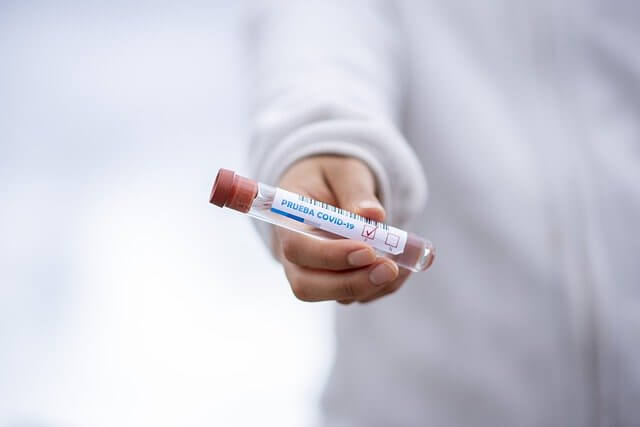
“Testing, contact tracing and isolation” is the new mantra for the COVID-19 age. Each is a critical part of the overall strategy to keep us safe as the economy opens and we begin again to circulate. Of the three, testing is the most poorly understood. Here are some things you should know about what these tests are, how they work and how they should be interpreted.

The Vermont Department of Health announced last week that all Vermonters with even mild symptoms are encouraged to contact their health care provider to get tested for COVID-19, the disease that results from infection with the novel coronavirus. This includes parents of children who have symptoms that could be related to COVID-19.
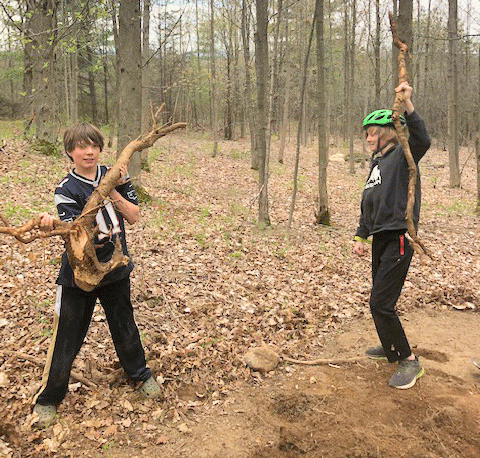
For those of us parents who are losing our minds at home with toilet paper roll sculpture, eye rolling marathons and wearing elastic waist pants for 3 days in a row…things are looking up!

Vermont so far has been spared the worst of the COVID-19 pandemic. The aftershocks, however, are surely coming once stay-at-home orders are loosened, and when they come, they will further challenge the capacity and integrity of our public health and medical care systems.